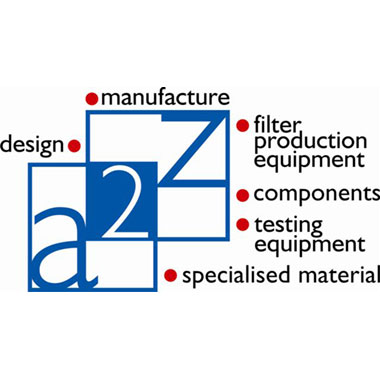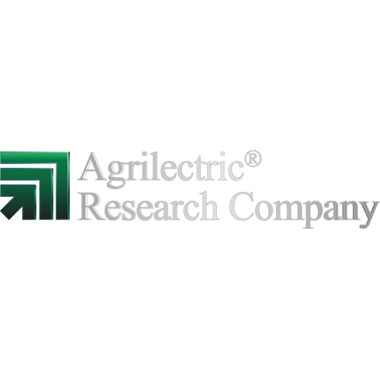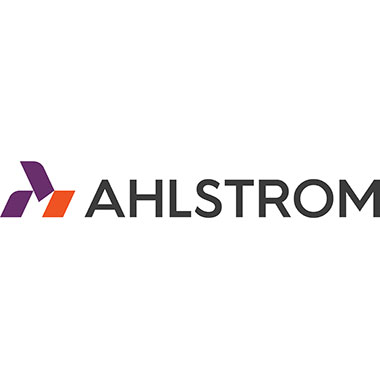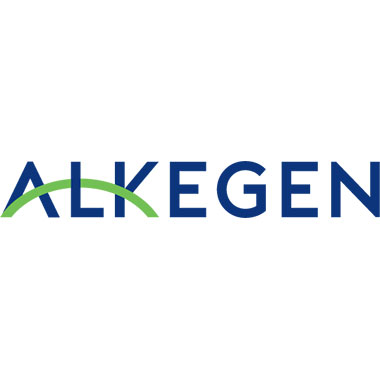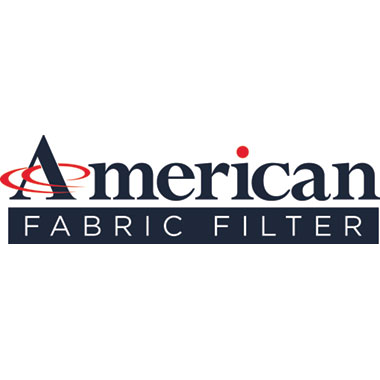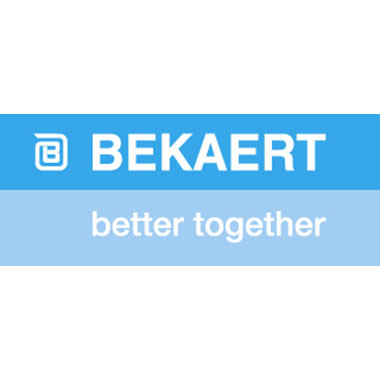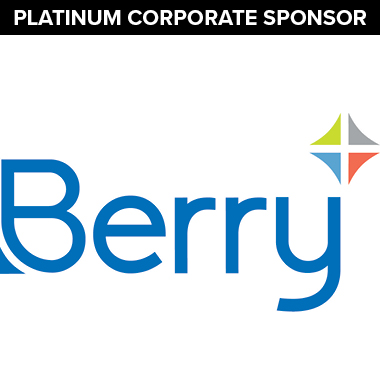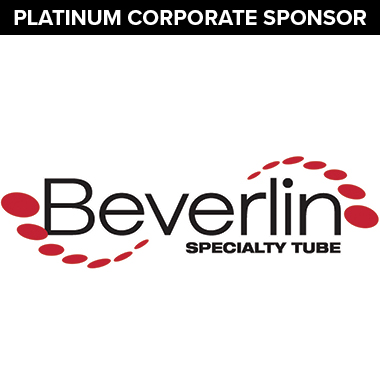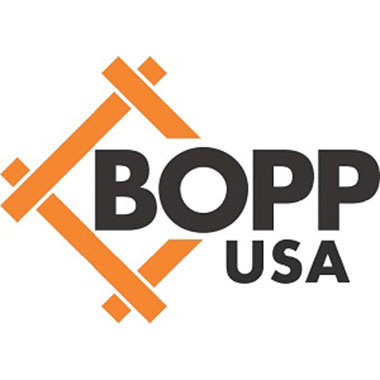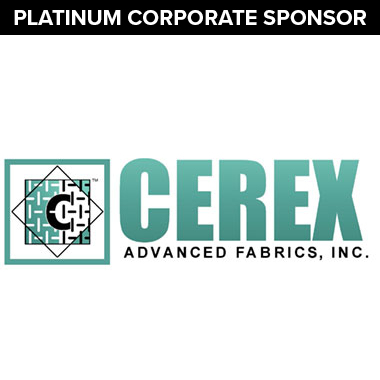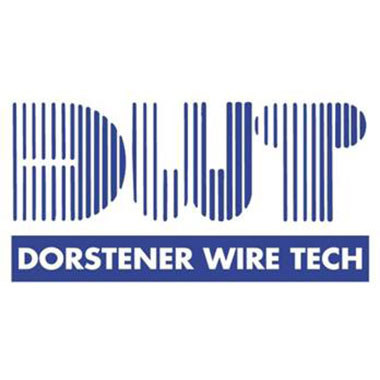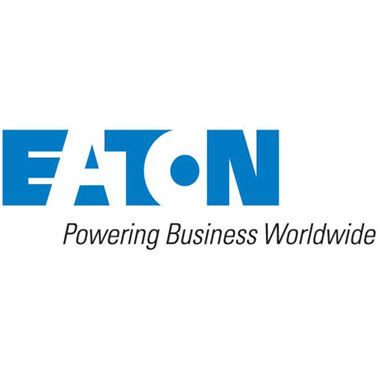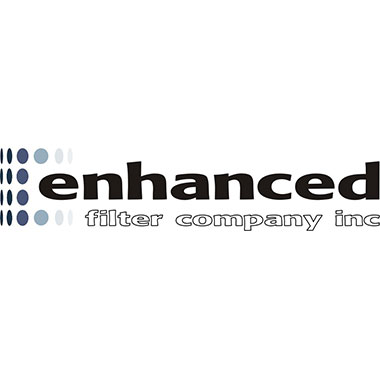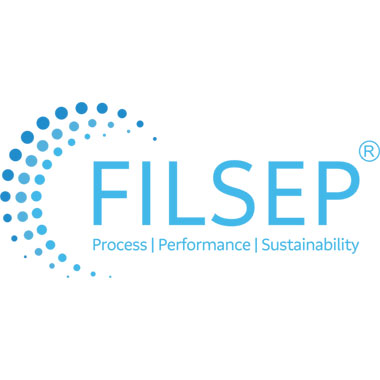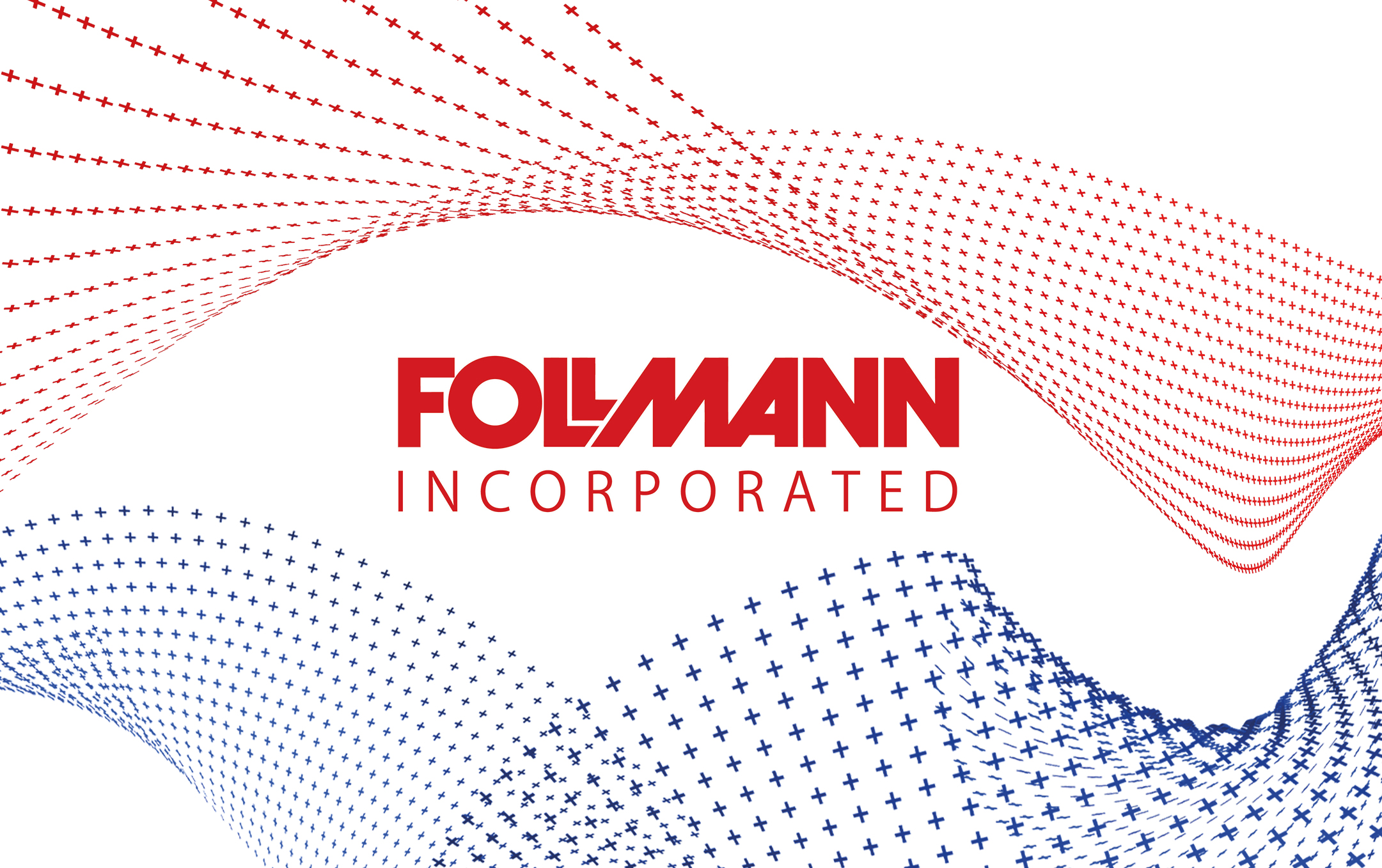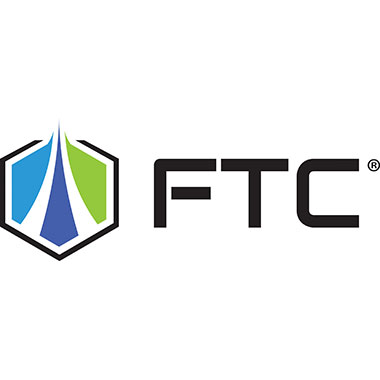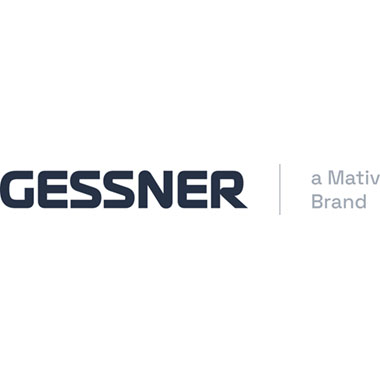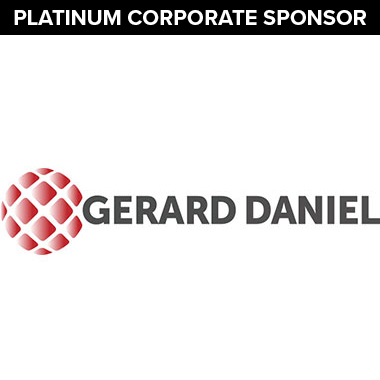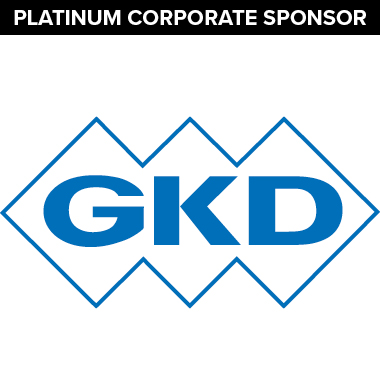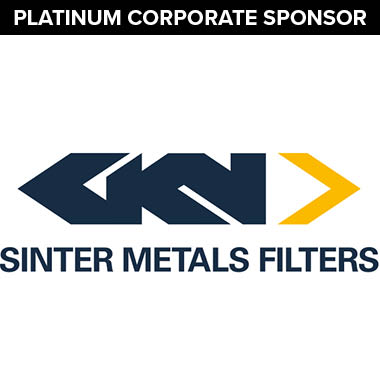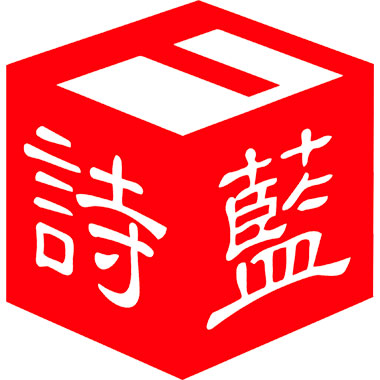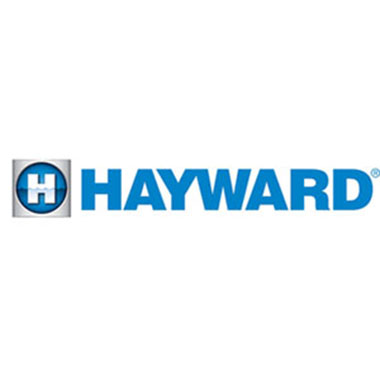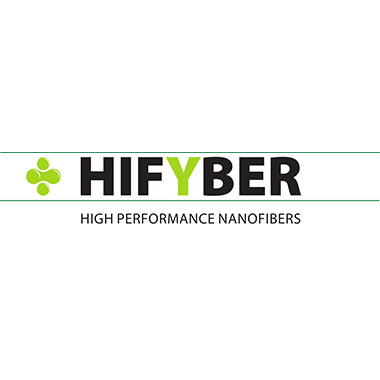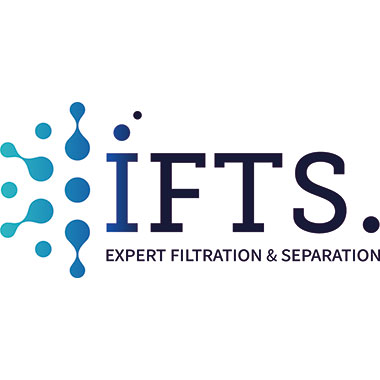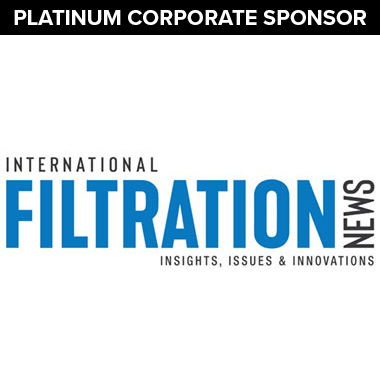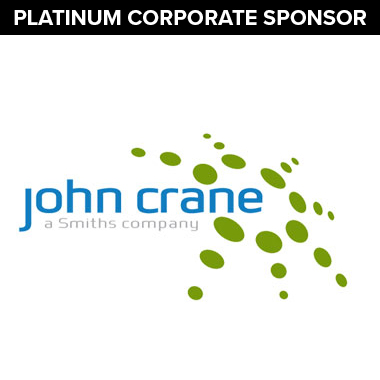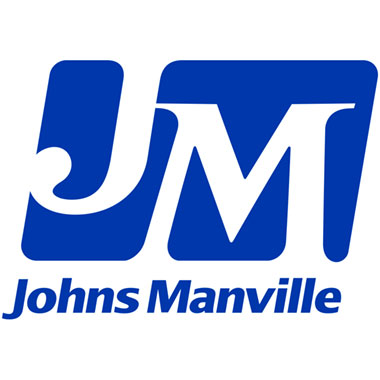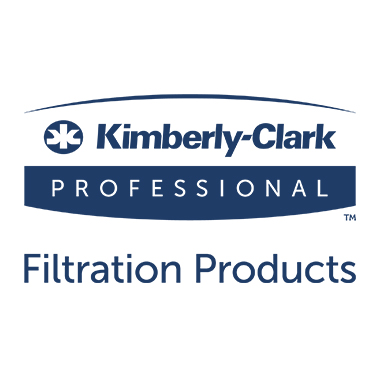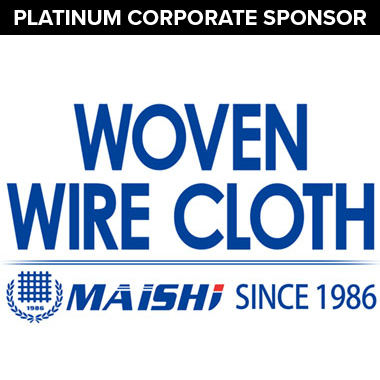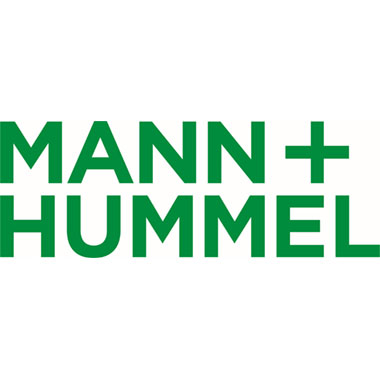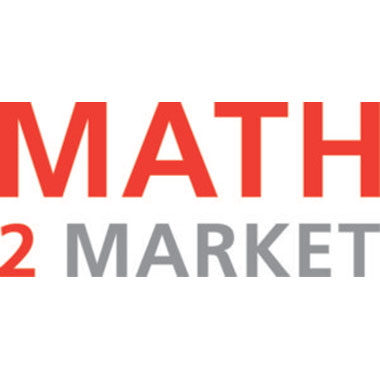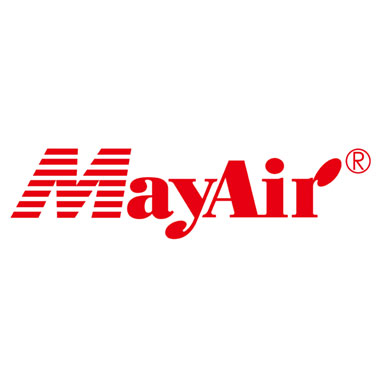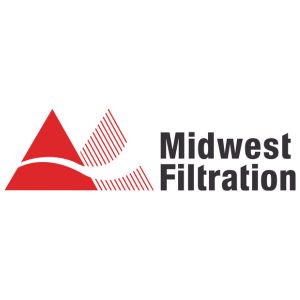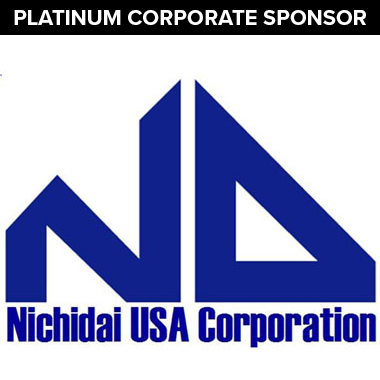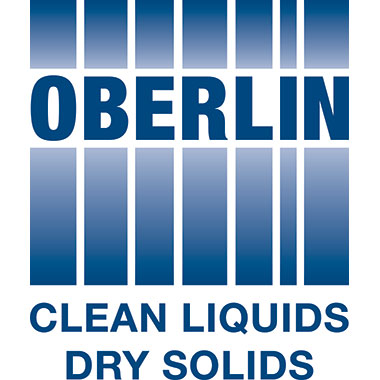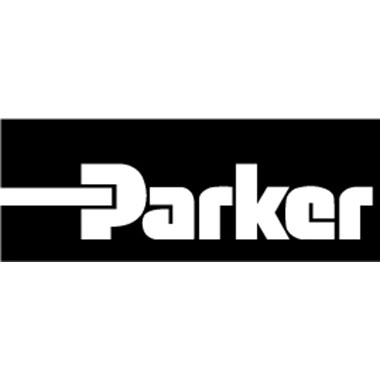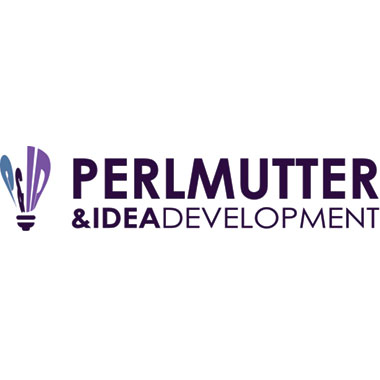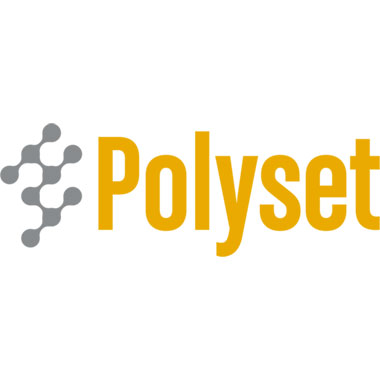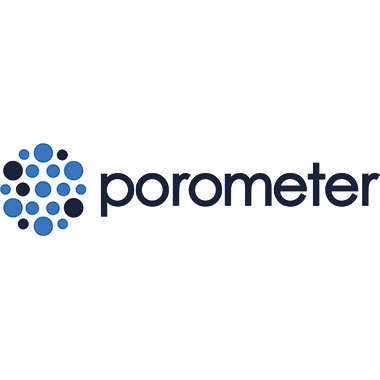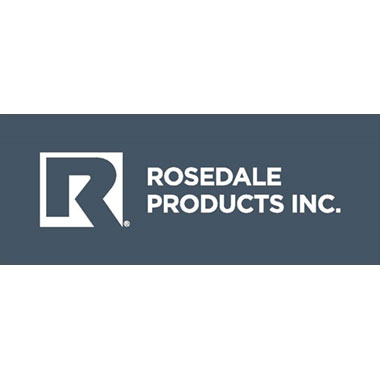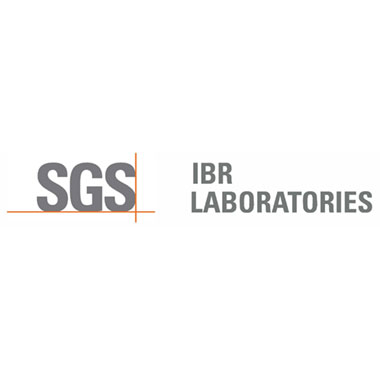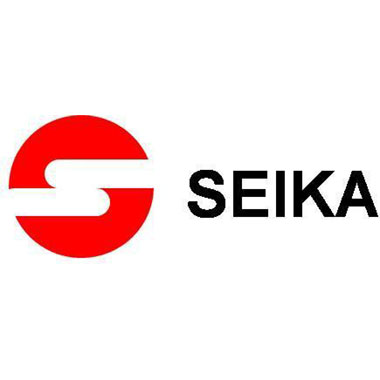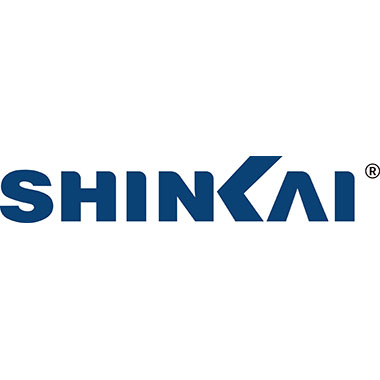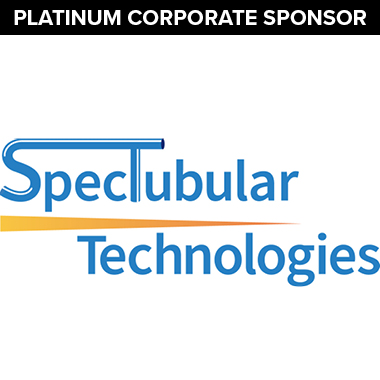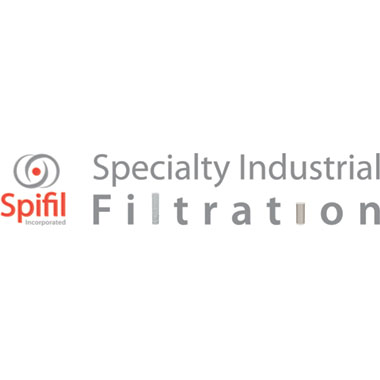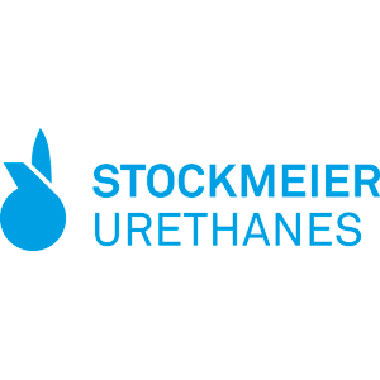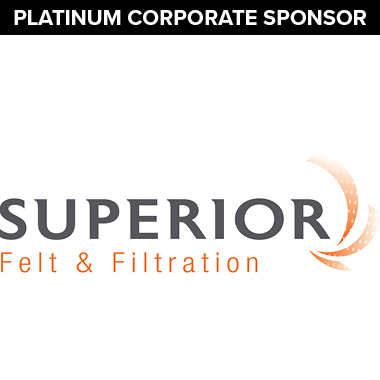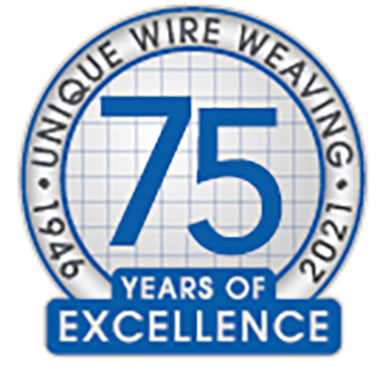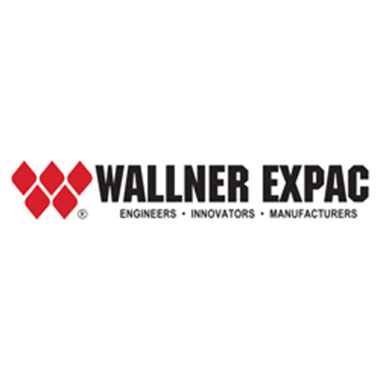As the rate of technological advance continues to increase exponentially, there are few disciplines that are expected to keep up with as great an amount and variety of needs. Filtration and separations represent one of those disciplines. Our innovations are critical to countless applications in hundreds of industries, from biopharmaceuticals to emission control, from space travel to freshwater scarcity, and from power generation to virus filtration. There is hardly an area on the frontier of technological change that doesn’t depend on filtration and separations.
The International Delegation on Filtration (INDEFI) was founded by filtration professionals in France, UK and the United States and created the first World Filtration Congress in 1974. Its prime mission is to share information and keep up with the increasing problem-solving demands of filtration and separations technology. INDEFI now includes 13 member countries – Austria, Australia, China, Chinese Taipei, France, Germany, Hungary, India, Japan, Korea, Nordics (Denmark, Finland, Norway, Sweden), UK and the Unites States. Held every four years, this gathering is like no other filtration event due to the extraordinary array of technical and educational offerings and based on the number of countries and industries represented among the thousands of attendees.
Now approaching its 13th Congress (September 20-24, 2021 in San Diego), this exceptional technical forum attracts a wide variety of professionals, including scientists, researchers, academic professors, engineers, practitioners, entrepreneurs, end-users, university students of different disciplines and legislators.



 By Wallace Leung, Chair of World Filtration Congress 13; and past Chair Professor of Innovative Products & Technologies in Mechanical Engineering and past Director, Research Institute of Innovative Products & Technologies at the Hong Kong Polytechnic University, Hung Hom, Hong Kong
By Wallace Leung, Chair of World Filtration Congress 13; and past Chair Professor of Innovative Products & Technologies in Mechanical Engineering and past Director, Research Institute of Innovative Products & Technologies at the Hong Kong Polytechnic University, Hung Hom, Hong Kong Guest blog by Paul Marold, President of Lydall Performance Materials
Guest blog by Paul Marold, President of Lydall Performance Materials Kenneth Winston, Consultant in Houston, TX, has been elected 2
Kenneth Winston, Consultant in Houston, TX, has been elected 2 Three layers of respirator fabric
Three layers of respirator fabric

